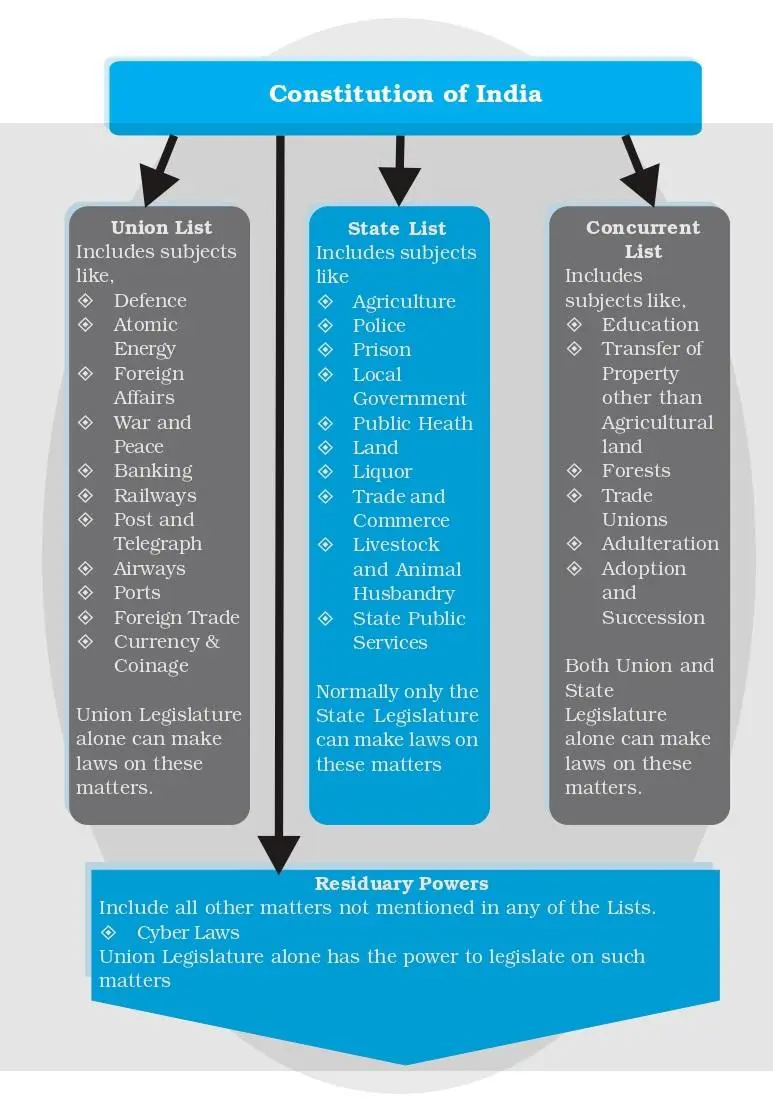![]() 24 Nov 2023
24 Nov 2023
Indian federalism involves a division of powers between the central government and the states. Division of power ensures a balanced sharing of responsibilities, with the central government overseeing defense, foreign affairs, and key national issues, while states manage areas like education, healthcare, and local governance.
There are two sets of government created by the Indian Constitution:

Thus, concerns for unity and socio-economic development prompted the makers of the Constitution to create a strong central government.
Relevance of Autonomy: The phase of increased State empowerment has amplified the political significance of the autonomy debate.
<div class="new-fform">
</div>